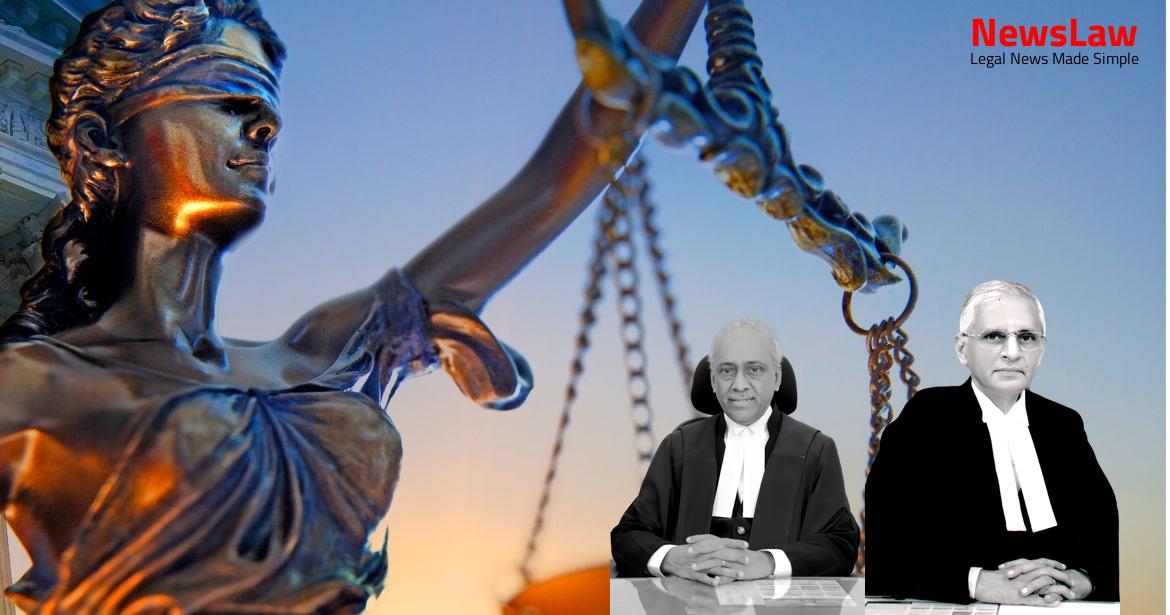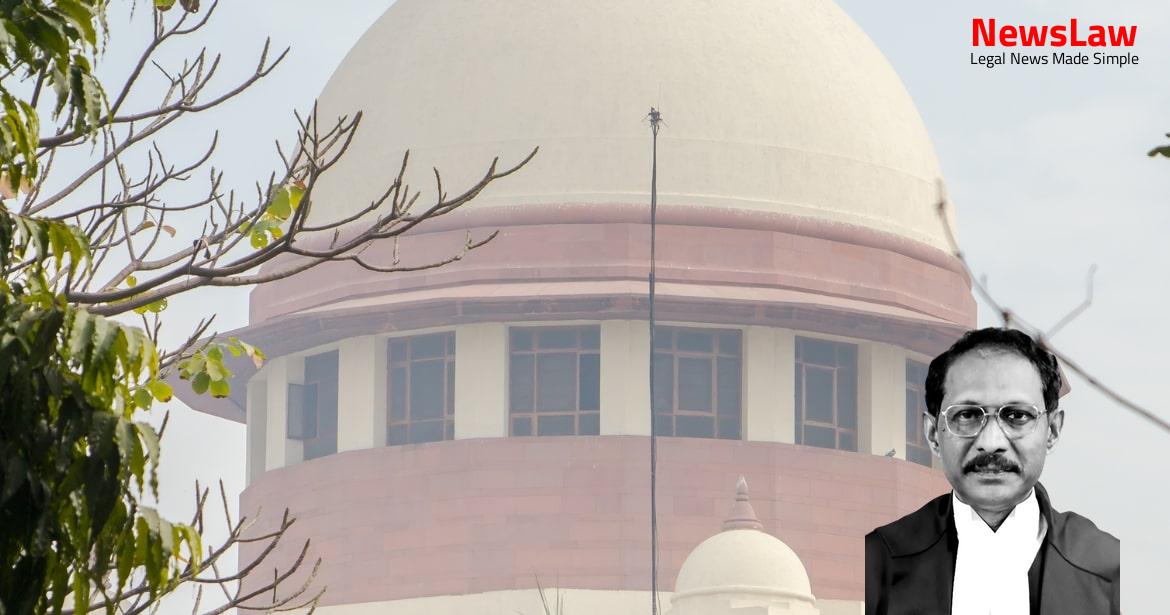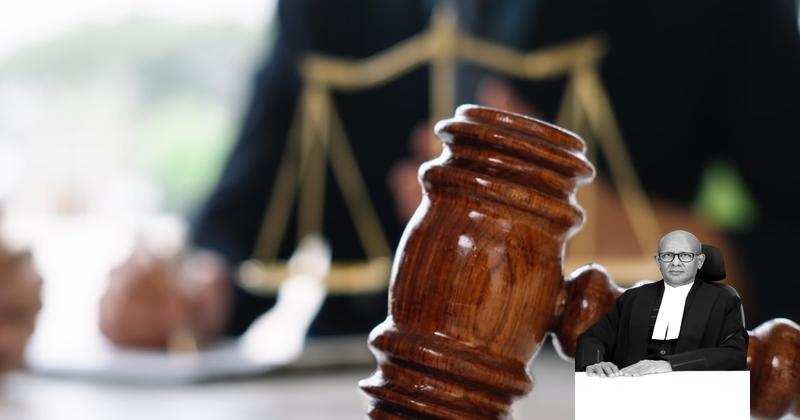Delving into the court’s thorough legal analysis on the arbitrability of lease disputes under the Transfer of Property Act. The case explores the delicate balance between landlords’ rights and tenants’ protections, as laid out in pertinent sections of the Act. This summary aims to elucidate the complexities surrounding lease disputes and the jurisdiction of Arbitral Tribunals in such matters.
Facts
- The petitioner has filed a petition under Section 11(5) of the Arbitration and Conciliation Act, 1996 seeking appointment of a Sole Arbitrator to resolve disputes arising from a Sub-Lease deed dated 14.11.2018.
- The property in question, located at Sector 63, Phase-III, NOIDA, was initially leased by NOIDA in 2003 and later transferred to the petitioner in 2011.
- The petitioner has sub-leased the property to the respondent under the Sub-Lease Deed dated 14.11.2018.
- Despite being served, the respondent has not responded to the petition for appointment of a Sole Arbitrator.
Also Read: Supreme Court Upholds Rejection of Plaint Under Order VII Rule 11 of CPC: A Critical Analysis
Analysis
- Disputes arising from the Sub-Lease Deed should first be discussed between the Sub-Lessee and the other party
- If no settlement is achieved within 21 days, disputes shall be resolved through arbitration
- Arbitration will be conducted in accordance with the Arbitration & Conciliation Act, 1996
- The disputes between parties are to be resolved through arbitration voluntarily chosen by the parties.
- Some cases, though not expressly reserved for courts and tribunals, may be excluded from private arbitration.
- Inarbitrable causes are not referred to arbitration even if agreed upon by parties.
- Certain aspects like bonafide requirement and comparative hardship need to be considered by the court in special statute proceedings.
- Equitable protection does not mean disputes between landlords and tenants are non-arbitrable.
- Disputes regarding determination of lease under TP Act require the landlord to file a suit in court for possession.
- If disagreement arises over appointment of sole arbitrator, High Court of Delhi should appoint one.
- Rent Act disputes are not arbitrable as they need to be viewed differently.
- Exceptions in Act regarding premises do not automatically invoke Arbitration Act for eviction/rent disputes.
- Section 114 and 114A of TP Act can be considered by arbitrator while making an award.
- The statutory protection in Section 114 is discretionary and not a public policy rule for tenant relief.
- Agreement for arbitration through High Court of Delhi can be invoked if specified in the lease contract.
- Not all civil or commercial disputes are arbitrable unless expressly or by necessary implication excluded from Arbitral Tribunals’ jurisdiction.
- Exemptions in Act do not apply indefinitely to certain premises.
- Notice detailing default issued can invoke arbitration clause for dispute resolution.
- Non-arbitrable disputes examples include criminal offenses, matrimonial, guardianship, insolvency, Testamentary, eviction under special statutes.
- Settled position regarding non-arbitrable disputes may be challenged due to certain observations in Himangni Enterprises vs Kamaljeet Singh Ahluwalia case.
- The dispute arising under a lease governed by the Transfer of Property Act is being considered for arbitrability.
- Provisions in Section 111, 114, and 114A of the TP Act define the determination of a lease, including forfeiture due to tenant’s breach of conditions like non-payment of rent.
- Section 114 provides relief against forfeiture for non-payment of rent if the lessee pays arrears and costs to the lessor. Section 114A requires a notice before filing a suit for ejectment in case of breach.
- The provisions provide protection for lessees/tenants before being ejected from the leased property.
- The rights of landlords and tenants are balanced by these provisions, with the court having discretion to relieve the lessee against forfeiture.
- The Supreme Court has considered the case of Natraj Studios (P) Ltd. vs Navrang Studios and Booz Allen & Hamilton Inc. v. SBI Home Finance Ltd. in this context.
- Opinion expressed in the case of Vidya Drolia overruled the view taken in Himangni Enterprises.
- The petitioner proposed Justice (Retired) Mukul Mudgal as the Sole Arbitrator.
- The respondent did not object to the proposed Arbitrator.
- Dispute between parties to be resolved through Arbitration.
- In cases where special statutes do not apply to premises/property and lease/tenancy created under an Arbitration Clause, the dispute is arbitrable.
- In matters of eviction or tenancy governed by special statutes providing statutory protection against eviction, the Court/Forum specified by the statute alone can adjudicate.
- The petition is allowed.
Also Read: Validity of Debt and Enforcement of Section 138 NI Act
Decision
- Disputes arising out of the Sub-Lease Deed to be resolved through Arbitration as per the agreement
- Venue of arbitration is in New Delhi and language is English
- Arbitral fee as per Fourth Schedule to Act, 1996
- Petitioner seeking appointment of a Sole Arbitrator
- Shri Justice (Retired) Mukul Mudgal appointed as Sole Arbitrator
- No impediment to invoking the Arbitration Clause
- No order as to costs in the petition
- Arbitral award shall be final and binding
- Sole Arbitrator nominated by the petitioner and seeking respondent’s concurrence
Also Read: Enlargement on Bail in Illegal Mining Case
Case Title: SURESH SHAH Vs. HIPAD TECHNOLOGY INDIA PRIVATE LIMITED (2020 INSC 711)
Case Number: ARBIT.CASE(C) No.-000008 / 2020



